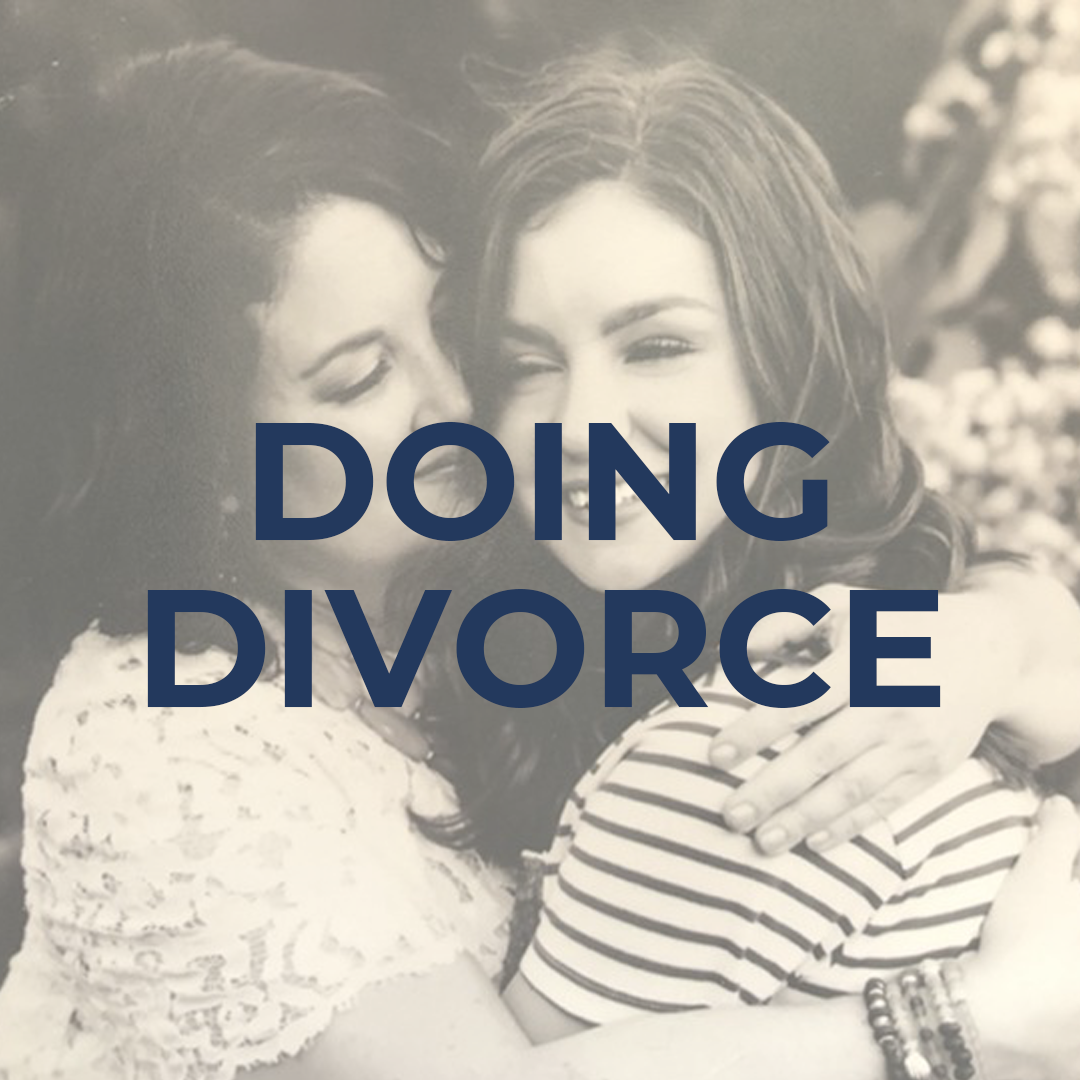The Last Thing
“I agree with the parenting plan for our son and the child support amount.” Pause. “I agree with receiving half of the retirement accounts and home equity.” Pause. “I agree with how the debt has been distributed and it is fair.” Pause. “But I want the snow blower.” If I had a snow blower for every time negotiations in a divorce action came to a screeching halt over an item of personal property, I could pass them around like Oprah at Christmas. “You get a snow blower, and you get a snow blower – snow blowers for everyone!” Although it



